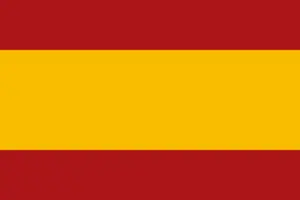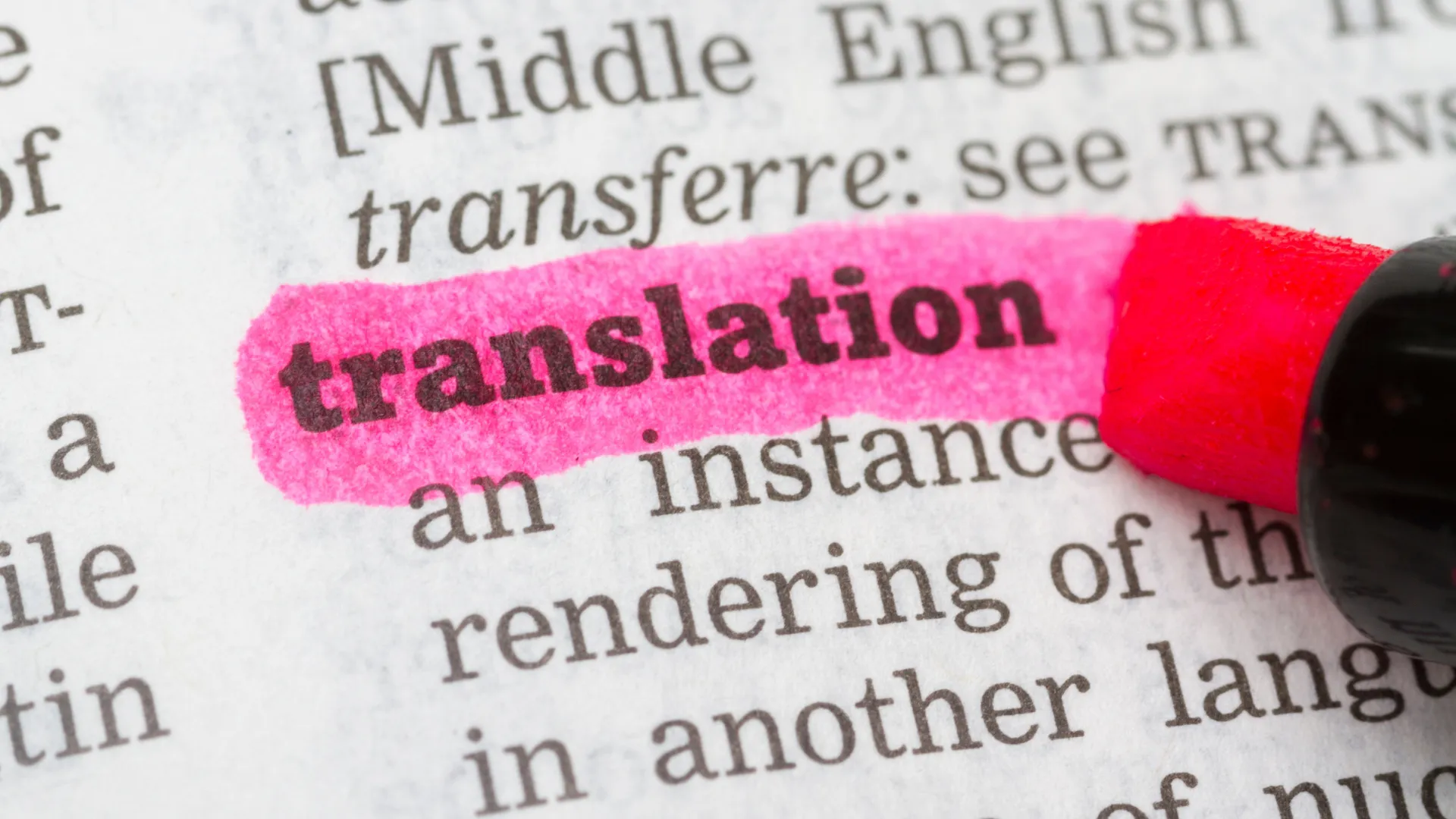When presenting official documents abroad, a simple translation is often not enough.
In many cases, you will need a certified translation — a translation that legally confirms the accuracy and completeness of the original document.
In this article, we explain exactly what a certified translation is, when it is required, and how Tradikta can assist you in meeting official requirements.
1. What is a certified translation?
A certified translation is an official translation carried out by a sworn or officially accredited translator, who signs and stamps the document.
The translation certifies that it is a true and complete rendering of the original text and is legally recognized.
A certified translation includes:
- The translator’s signature and official seal.
- A formal certification statement.
- Often a copy of the original document attached.
This makes it different from standard translations, which have no legal standing.
2. When do you need a certified translation?
You may require a certified translation for:
- Court procedures or legal matters.
- Nationality or residency applications.
- Civil marriages abroad.
- Recognition of academic degrees.
- Employment contracts for work abroad.
- International adoption processes.
Whenever an institution demands an «official» or «certified» translation, a certified translator is required.
3. Who can provide certified translations?
Only a sworn translator or a certified translator recognized by a competent authority can provide certified translations.
- In Spain, translators are appointed by the Ministry of Foreign Affairs (MAEC).
- In Germany, translators are sworn in by regional courts or competent local authorities.
This official accreditation ensures that certified translations are legally valid.
4. Common documents requiring certified translation
Common examples include:
- Birth, marriage, and death certificates.
- Identity documents and passports.
- Diplomas, academic records, and transcripts.
- Employment, rental, and business contracts.
- Court rulings and notarized powers of attorney.
Requirements may vary depending on the country and institution, so it is important to check carefully.
5. Differences between certified translations in Spain and Germany
While the concept is similar, there are key differences:
- In Spain: The translator’s certification includes signature, seal, and often an attached copy of the original document.
- In Germany: Authorization is managed at the regional court level, and specific requirements may vary by state (Bundesland).
Tradikta is familiar with the regulations in both Spain and Germany, ensuring that your documents meet the specific standards required.
Why Tradikta is your trusted partner for certified translations
At Tradikta, we work with sworn translators who guarantee:
- Officially recognized certified translations for Spain and Germany.
- Safe and timely delivery of documents.
- Personalized advice based on your specific legal requirements.
We ensure your documents are valid and recognized wherever you need them.
Request your certified translation here.
Conclusion
A certified translation is not just about converting words from one language to another: it is about guaranteeing the legal validity of your documents in another country.
Trust Tradikta to ensure the highest standards of quality, security, and professionalism.
With Tradikta, your documents cross borders safely and effectively.
Frequently Asked Questions
What is a certified translation?
A certified translation is an official translation carried out by an accredited translator, legally recognized by official institutions.
When is a certified translation required?
Certified translations are needed for legal documents such as birth certificates, academic diplomas, contracts, wills, and other official documents.
Who can perform a certified translation?
Only sworn or certified translators authorized by a competent authority can produce legally valid certified translations.
Does Tradikta provide certified German–Spanish and Spanish–German translations?
Yes, Tradikta offers certified translation services for documents in Spanish and German, ensuring accuracy and legal validity.










